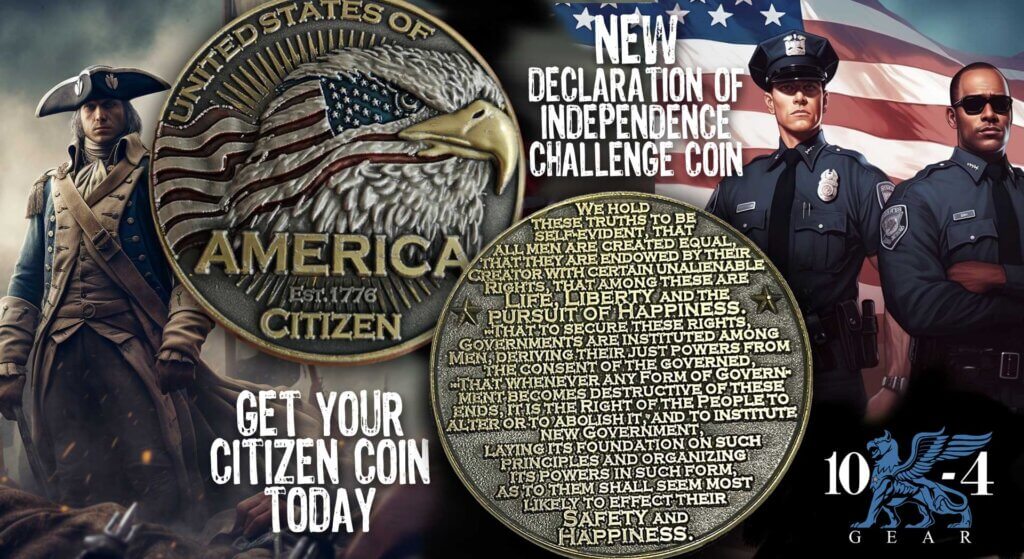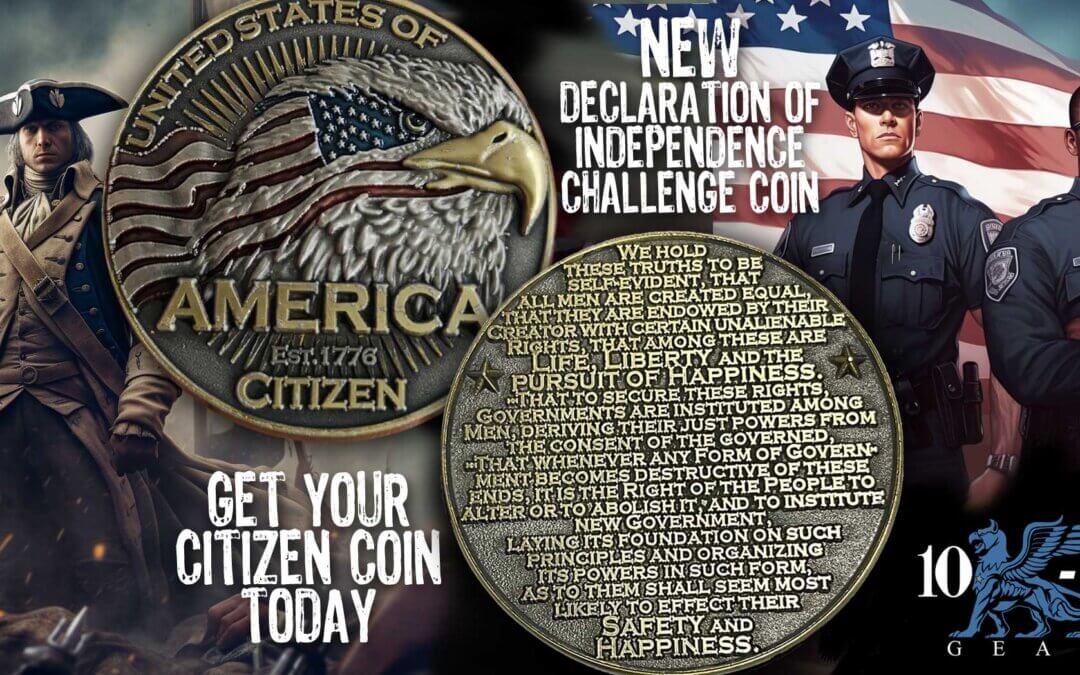Every year, Americans eagerly anticipate the arrival of the 4th of July, a day filled with festivities, fireworks, and a strong sense of patriotism. Known as Independence Day, this holiday holds profound significance for the nation, symbolizing the birth of the United States and the ideals of freedom and self-governance. In this comprehensive blog post, we explore the rich history, fascinating facts, important figures, and the deep meaning behind America’s 4th of July celebrations.
The Significance of the 4th of July:
Independence Day marks the historic moment when the Continental Congress formally adopted the Declaration of Independence on July 4, 1776. This document, drafted by Thomas Jefferson, declared the thirteen American colonies’ separation from British rule and established the groundwork for an independent nation. The 4th of July stands as a powerful reminder of the courageous vision and the unyielding spirit of the founding fathers in their pursuit of liberty and justice.
The History of Independence Day:
- The Road to Revolution: Tensions between the American colonies and Great Britain had been escalating for years due to issues such as taxation without representation and restrictions on colonial self-governance. The quest for independence gained momentum through acts of civil disobedience and influential writings by figures like Thomas Paine.
- The Declaration of Independence: On July 2, 1776, the Continental Congress voted in favor of independence. Two days later, on July 4th, the final version of the Declaration of Independence was approved, proclaiming the colonies’ right to self-governance and listing grievances against the British Crown.

- Early Celebrations: The first Independence Day celebration took place in Philadelphia on July 8, 1776, with public readings of the Declaration, parades, and bonfires. Over time, the tradition of celebrating the 4th of July spread across the newly formed states.
Interesting Facts about the 4th of July:
- The Liberty Bell: The Liberty Bell, an enduring symbol of American independence, is traditionally associated with the 4th of July. Though there is uncertainty about whether it was rung on that day in 1776, it gained fame as a symbol of liberty and has been a significant attraction in Philadelphia since the 19th century.
- John Adams’ Prediction: John Adams, one of the founding fathers and the second U.S. President, wrote a letter to his wife Abigail Adams in which he predicted that Independence Day would be celebrated with “pomp and parade, with shows, games, sports, guns, bells, bonfires, and illuminations” forevermore.
- Nathan’s Hot Dog Eating Contest: Since 1916, Coney Island in New York has hosted the annual Nathan’s Famous Hot Dog Eating Contest on the 4th of July. Contestants from around the world compete to see who can consume the most hot dogs in a designated time frame.
Important Figures in America’s Independence:
- Thomas Jefferson: Thomas Jefferson’s eloquent words and philosophical ideas shaped the Declaration of Independence, making him a key figure in the nation’s founding. He later served as the third U.S. President and was a proponent of individual rights and limited government.
- John Adams: John Adams played a crucial role in advocating for independence and fostering unity among the colonies. He became the second U.S. President and was a staunch defender of democratic principles.
- George Washington: George Washington, the commander-in-chief of the Continental Army, led the colonies to victory in the Revolutionary War. As the first U.S. President, he set important precedents for the young nation’s governance and served as a symbol of leadership and integrity.
The Meaning of the 4th of July:
Independence Day represents more than just the historical event of declaring independence. It embodies the ideals of freedom, democracy, and the continuous pursuit of a more perfect union. The 4th of July serves as a reminder that these principles must be nurtured, protected, and advanced by each generation.
It is a day for Americans to reflect on the sacrifices made by the founding generation and the countless men and women who have fought and continue to fight to safeguard the nation’s liberties. It is a time to honor the diversity and unity that define the American spirit and to appreciate the rich tapestry of cultures and backgrounds that contribute to the country’s strength.
Furthermore, the 4th of July fosters a collective sense of national pride and unity. It is an occasion to celebrate the progress and achievements of the United States, while also recognizing the challenges that lie ahead. Americans come together in a spirit of camaraderie, engaging in parades, fireworks displays, picnics, and community events that strengthen the bonds of citizenship.
Conclusion:
The 4th of July is a day of immense significance for Americans, a time to reflect on the nation’s history, honor the vision of the founding fathers, and celebrate the ideals of liberty, equality, and self-determination. It is an opportunity to remember the sacrifices made by those who came before and to reaffirm the commitment to upholding the values that make America a beacon of hope and freedom.
As fireworks illuminate the night sky and voices join in singing the national anthem, Americans across the country come together to celebrate their shared heritage and the enduring spirit of independence. The 4th of July serves as a reminder of the responsibilities and privileges of citizenship, inspiring each individual to contribute to the ongoing journey of building a more prosperous, just, and inclusive nation.



